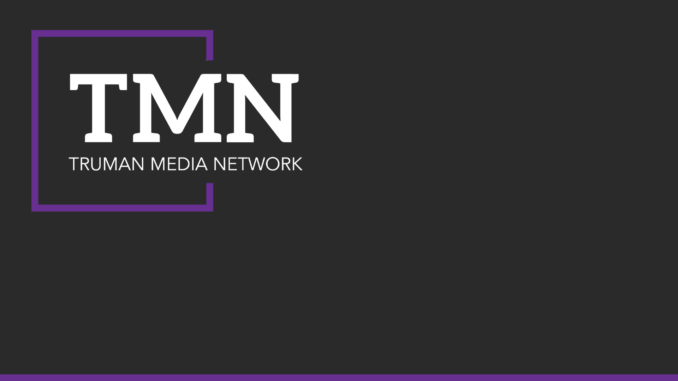
High school and college students around the country sit in classrooms every year and learn about the all-but-encouraging “Hazelwood v. Kuhlmeier”, a court case from the late ’80s that said student media can be censored by school faculty. It’s always given the same spiel on how students don’t have the same First Amendment rights while in school. The teacher will then go on to explain the Supreme Court made its decision not as a punishment to students, but as a way to protect us.
Currently, there’s a movement around the United States, and specifically in Missouri, to give student journalists the right to report on topics without the fear of consequences. The Cronkite New Voices Act, which was introduced to the Missouri House of Representatives in 2017, is pending Senate approval after, passing the House 131-12.
A common defense of “Hazelwood v. Kuhlmeier” is that schools have students’ best interest in mind and the ruling is in place to prevent legal issues and keep students from making big mistakes. We counter those arguments because, as current student journalists, we know our adviser is there to support us and answer questions to avoid lawsuits. And that’s ultimately it — there’s a clear difference between censorship and advising.
Isn’t the educational setting where we want to make those mistakes? Shouldn’t we make these mistakes while we’re learning and stumbling to grow into our roles as journalists? We refuse to believe it’s in the best interest of the students to prevent these mistakes.
We, The Index Editorial Board, believe the kind of power provided to school administrations through “Hazelwood v. Kuhlmeier” is harmful to these students’ educations and First Amendment rights. Though the Supreme Court wanted to preserve schools’ ability to protect their educational environments, in the process they gave them the power to censor and ban discussions that are important to students sometimes despite the school’s values.
It is not uncommon for schools to censor students’ views that are counter to the school’s. In the case of “Hazelwood v. Kuhlmeier”, the articles in question were about teen pregnancy and divorce, topics even today’s schools try to avoid. By specifying what students can talk about, schools are interrupting the journalistic process and forcing students to ignore the needs of its primary audience — other students.
It is also apparent giving schools this kind of lateral control over student journalism creates a conflict of interest for those students. If student journalists are to write for their audience, that requires covering topics about the school, sometimes in ways that reflect negatively on the school’s image. We don’t blame administrators for being interested in their school’s image, but that’s not the job of student journalists, and that line should be respected.
We, The Index Editorial Board, encourage students, teachers and supporters of the First Amendment everywhere to reach out to their senators and join the discussion. It is movements like The Cronkite New Voices Act that preserve and protect the power of the press and, by that extent, the public as a whole.
